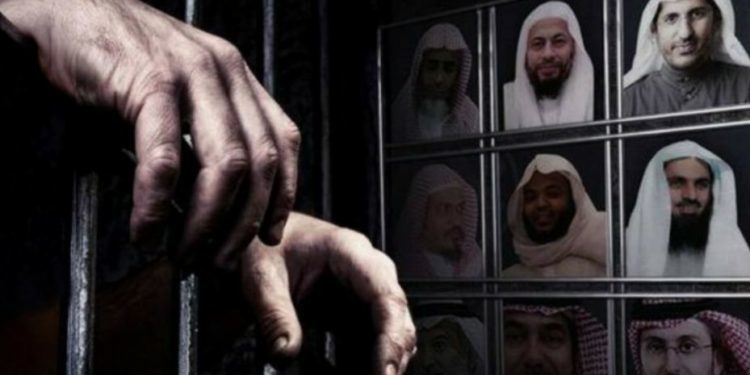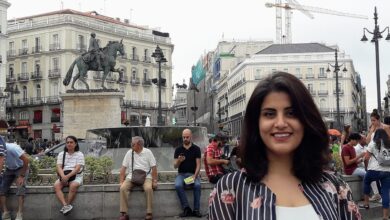Human rights concern about KSA prisons’ dangerous conditions

The European Saudi Human Rights Organization expressed its concern regarding the situation in the prisons of the Saudi system, which have become overcrowded with detainees and represent an easy environment for the transmission of the pandemic of the emerging Coronavirus.
Compounding this concern, the human rights organization said, the Saudi government disregarded the rights of the detainees and failed to take direct response steps to reduce the potential dangerous effects of the virus.
Amid mounting international concerns about the spread of the Coronavirus (covid-19), UN Special Rapporteurs stressed in a statement issued on March 16, 2019, the importance of the measures “being proportionate, necessary and non-discriminatory.”
The human rights organization pointed out that there are fears of the impact of the pandemic on the detainees, especially as it is known that the Saudi government is not transparent regarding the information related to them.
While there is no official information, the information of the European Saudi organization confirms that prisons are still overcrowded, which increases the fears of the spread of the pandemic, especially since in many cases there are not enough beds to accommodate the prisoners, and some of them may rotate on the ground.
In 2013, a video leaked from inside a prison showed what local lawyers describe as the natural conditions of prisons in Saudi Arabia, which, according to what they confirm, have deteriorated further during the past seven years.
The video shows a room of about 30 square meters, where at least 80 people can be counted, and these conditions will undoubtedly be catastrophic, if the virus inflicts imprisonment, according to the human rights institution.
In addition to overcrowded conditions, prison drug policies are equally worrying. Prison staff are notorious for denying prisoners access to routine health care, and in many cases prisoners with lifelong medical problems, such as diabetes or high blood pressure, are prevented from getting treatment comfortably. The World Health Organization has confirmed that people like these are more vulnerable to the virus.
In addition, there are still large numbers of detainees on charges related to expression of opinion and political crimes, and they are individuals who should not be imprisoned in the first place, and who do not represent any threat to Saudi society. Consequently, these prisoners should be major candidates for early release in the face of the crisis, to alleviate disease fears.
Despite the issuance of these warnings by the United Nations, the human rights organization believes that the Saudi government has not heeded the warnings presented so far, and it has also exploited the crisis to stoke discrimination and hatred among the population components.
According to the available information, the organization confirms that the government has not yet started any measures to reduce prison overcrowding and provide the necessary medical care to those in its prisons. As it has not been known until now any appropriate preventive measures, the release of non-violent criminals, or the release of political prisoners who should not have been imprisoned in the first place.





